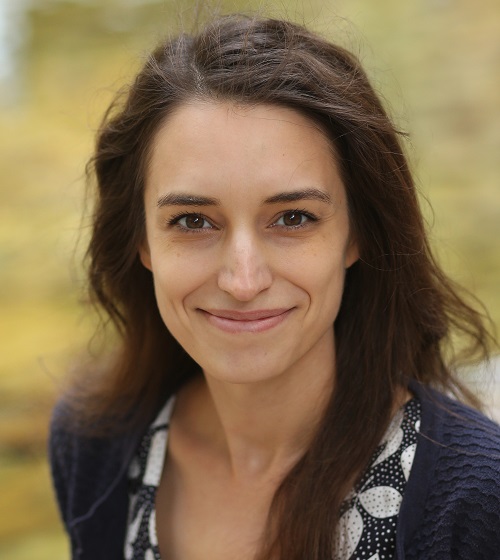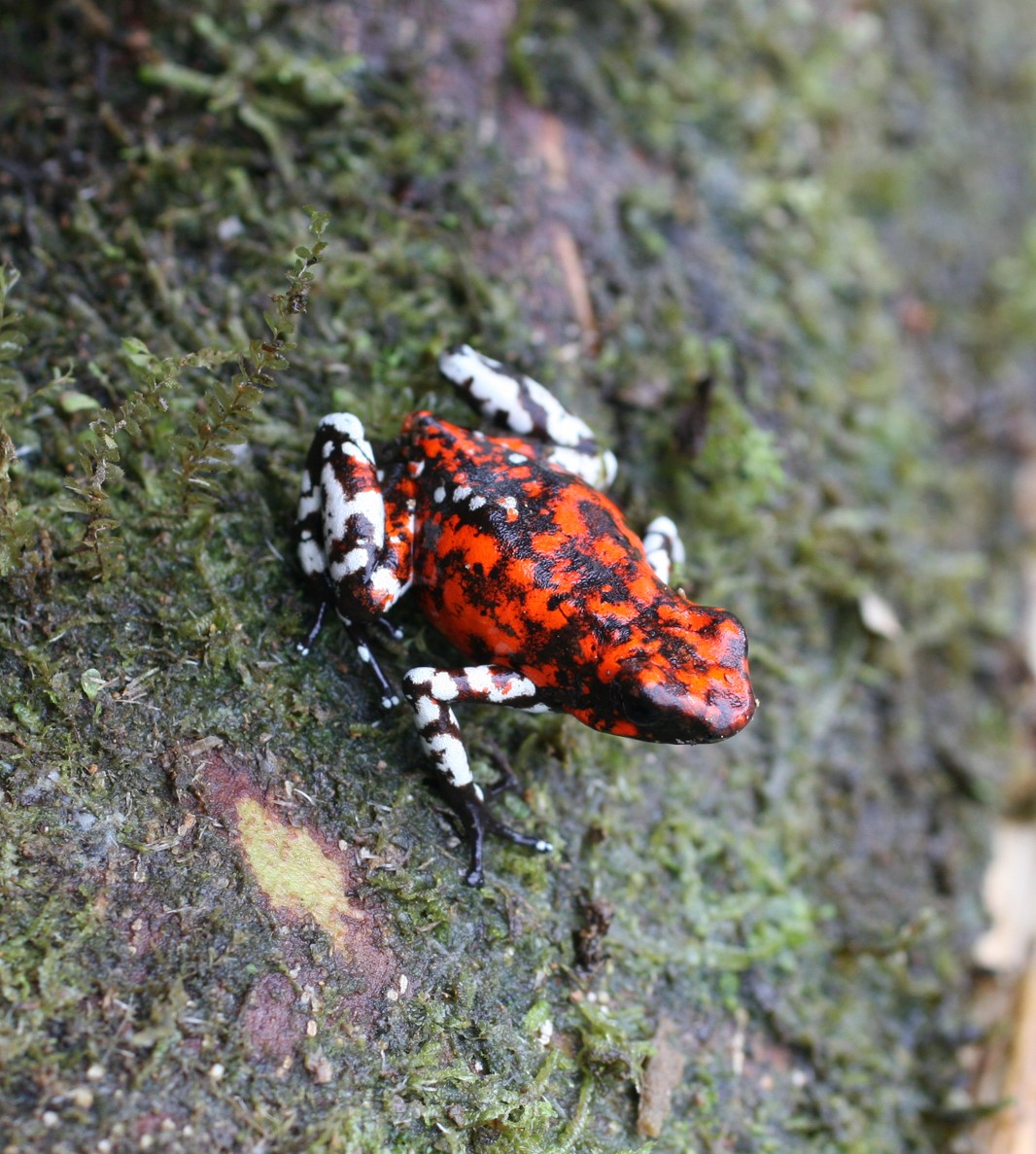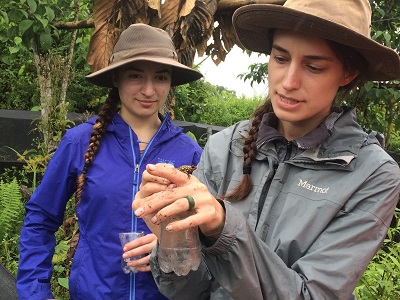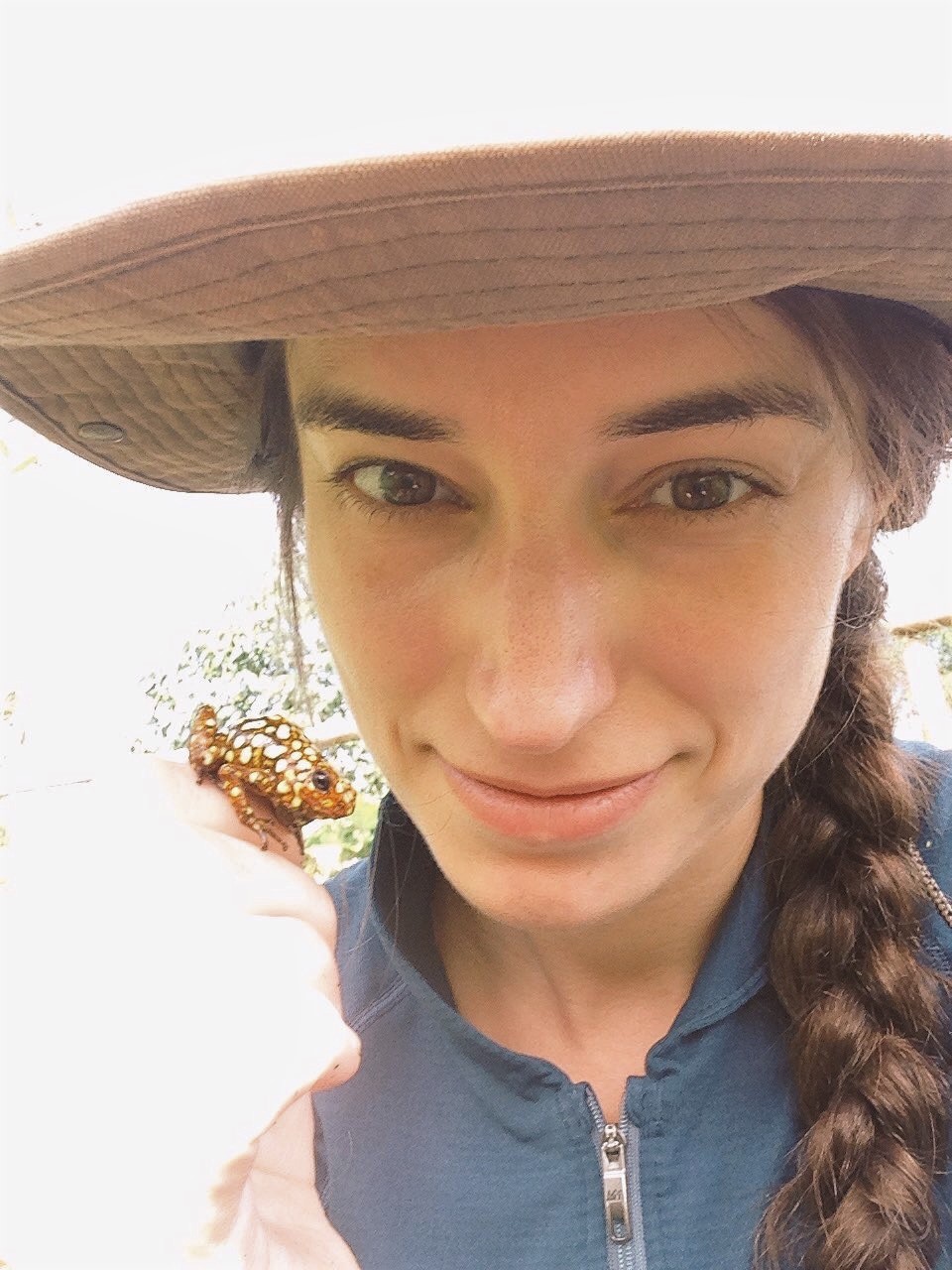About the department: My department is truly integrative across ecology, evolution, and cellular and molecular biology and challenges me to think about my work in organismal biology from different perspectives.
About the research: My lab studies how genetic and environmental factors contribute to biological diversity and adaptation. We are particularly interested in understanding (1) how behavior evolves through changes in brain function and (2) how animal physiology evolves through repurposing existing cellular components.
What has been the biggest challenge as a new PI so far? The biggest challenge I have faced is the large amount of administrative things required of a PI. It is a struggle to protect my science time.
What has been the biggest surprise so far about being a new PI? The freedom in teaching that I'm allowed. I can teach about anything and my department is incredibly supportive.
How have you prepared to be a PI? I ran my own lab straight out of my PhD as a Bauer Fellow at Harvard, which was great practice for leading a team of people towards a common scientific goal.
How do you/will you approach mentoring new lab members? Each person has different needs, and my job is to mentor people in a way that allows them to do their best science and maintains mental wellness. We discuss needs and expectations when they join the lab while completing an Individual Development Plan together.
Are you recruiting? If so, how do you/ will you choose new lab members? I choose lab members first by fit in the lab - I only hire collaborative people who are committed to fostering an inclusive environment and are interested in scientific outreach. Then I select based on scientific interests. I like hiring people who have slightly different interests than me, where we both are bringing different perspectives to a challenging problem.
When and why did you become a SSE member? I became a lifetime member when I got my own lab, as evolution guides all the work that we do.
What does becoming a SSE member mean to you or your career? Becoming a member gives me and my lab a supportive home community to share and receive feedback on our research.
When was your first Evolution Meeting, and how did it affect your career? My first Evolution meeting was in 2016 in Austin Texas, my home state. My work had never been grounded in evolution prior to that conference, but it opened my eyes to the kind of research that I wanted to do.
Besides research, how do you promote science? I am active on science Twitter, where I have learned a lot from following other scientists at all stages and from diverse backgrounds and life experiences.
Do you teach evolution? What is the hardest concept to teach? I am teaching Evolution for the first time this next year!
Are you involved in evolution outreach? Tell us about it. I run a program called the "Frogger School Program", where we give public school classrooms terraria with (non-toxic) poison frogs. We have developed curriculum that links the frogs to modules on ecology and evolution. We have also worked with the high school classrooms to conduct genuine scientific studies and take high school teachers with us to conduct studies in the field.
Do you have a time management tip to share? Learn to say "No." Only say "Yes" to things that really matter to you. Protect your personal time and mental wellness.
What is your favorite app? Twitter (
;@alaurenoconnell)
What one piece of advice would you give to a starting graduate student? Your success in grad school is half about the science and half about the advisor. Choose a supportive advisor that promotes you and your science and prioritizes your wellbeing. The science you do in grad school does not determine the science you will do for the rest of your life.
What one piece of advice would you give to a postdoc? Choose an advisor that promotes you and your ideas.
Do you remember making any mistakes as a trainee; how did you recover? I switched labs mid-way through grad school. I was in an abusive lab environment and I switched into a lab where my advisor, Hans Hofmann, was incredibly supportive.
What is something most people don’t know about you?I was raised on a farm off the grid in a religious cult. I didn't learn about Evolution until I was an undergraduate at Cornell. Everything in science made sense after that class.
What do you enjoy doing in your free time? I like hanging out with my daughters. I also enjoy watercolor and glassblowing in my free time.
 Lauren O'Connell
Lauren O'Connell

